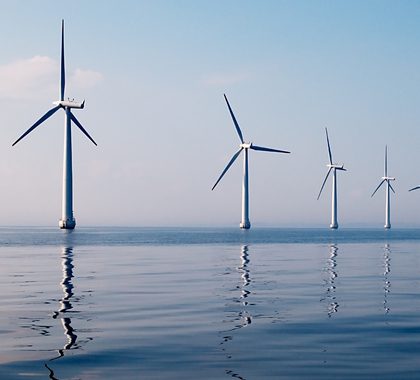By Brent Addleman
(The Center Square) – Maine’s governor and federal legislators are urging the Biden administration to consider the views of the state’s fishing communities when reviewing offshore wind projects in the Gulf of Maine.
Democratic Gov. Janet Mills, U.S. Sens. Susan Collins, R-ME, and Angus King, I-ME, and U.S. Reps. Chellie Pingree, D-ME, and Jared Golden, D-ME, joined forces to send a letter to the Bureau of Ocean Management requesting that wind development projects avoid key lobstering areas.
In the letter, the group of elected officials urged that the bureau work to minimize “all potential conflicts” between the two industries.
According to a release, the letter is a response to the Gulf’s Call for Information and Nominations publication, which invited the public to comment on and assess interest in potential commercial wind energy development projects in Maine, New Hampshire, and Massachusetts.
The delegation wrote in the letter that “fishermen and women” working across the nation and in Maine “have expressed several concerns regarding offshore wind development. They pointed out how the industry has worked with federal and state regulators spanning decades “on numerous rules and regulations” that would preserve the industry and the species inhabiting the ocean.
According to a release, the call pointed to 9.8 million acres of commercial offshore wind project sites in the body of water, including Lobster Management Area 1, in addition to three areas prohibiting fishing permanently or seasonally.
The delegation pointed out in the letter that the bureau originally scaled back acreage by 29% but didn’t remove key fishing areas but sought additional comments.
The delegation wrote in the letter that they urged the bureau to remove Lobster Management Area 1 from consideration of future offshore wind development for leasing. In addition, they highlighted it was “inconsistent” for areas closed to fishing to be open for offshore wind projects, with 94% of the nation’s lobster supply coming from Maine.
“Siting offshore wind development outside of LMA 1 would avoid conflict not only with the majority of Maine’s commercial fishing industry but also with recreational fishermen and other commercial and recreational marine users,” the delegation wrote in the letter. “Our fishing community feels that their voices are not being heard. A straightforward way for BOEM to show it is committed to minimizing impact to fisheries would be to adopt the fishing community’s primary request: remove LMA 1 from consideration.”
The delegation pointed to portions of the Massachusetts Restricted Area, most of LMA 1, and the Great South Channel Restriction area remaining on the table for offshore wind development as most of the area is closed to fishing due to North Atlantic Right Whale presence.
“If an area is closed to fishing, how could this area still be considered for offshore wind development?” the delegation asked in the letter. “This is inconsistent with the fact that our fishermen are required to comply with closures in these areas.”
However, the delegation pointed to the industry, if done so responsibly, would create good-paying jobs in the state.
Brent Addleman is an Associate Editor and a veteran journalist with more than 25 years of experience. He has served as editor of newspapers in Pennsylvania and Texas, and has also worked at newspapers in Delaware, Maryland, New York, and Kentucky.
Originally published by The Center Square. Republished with permission.


























